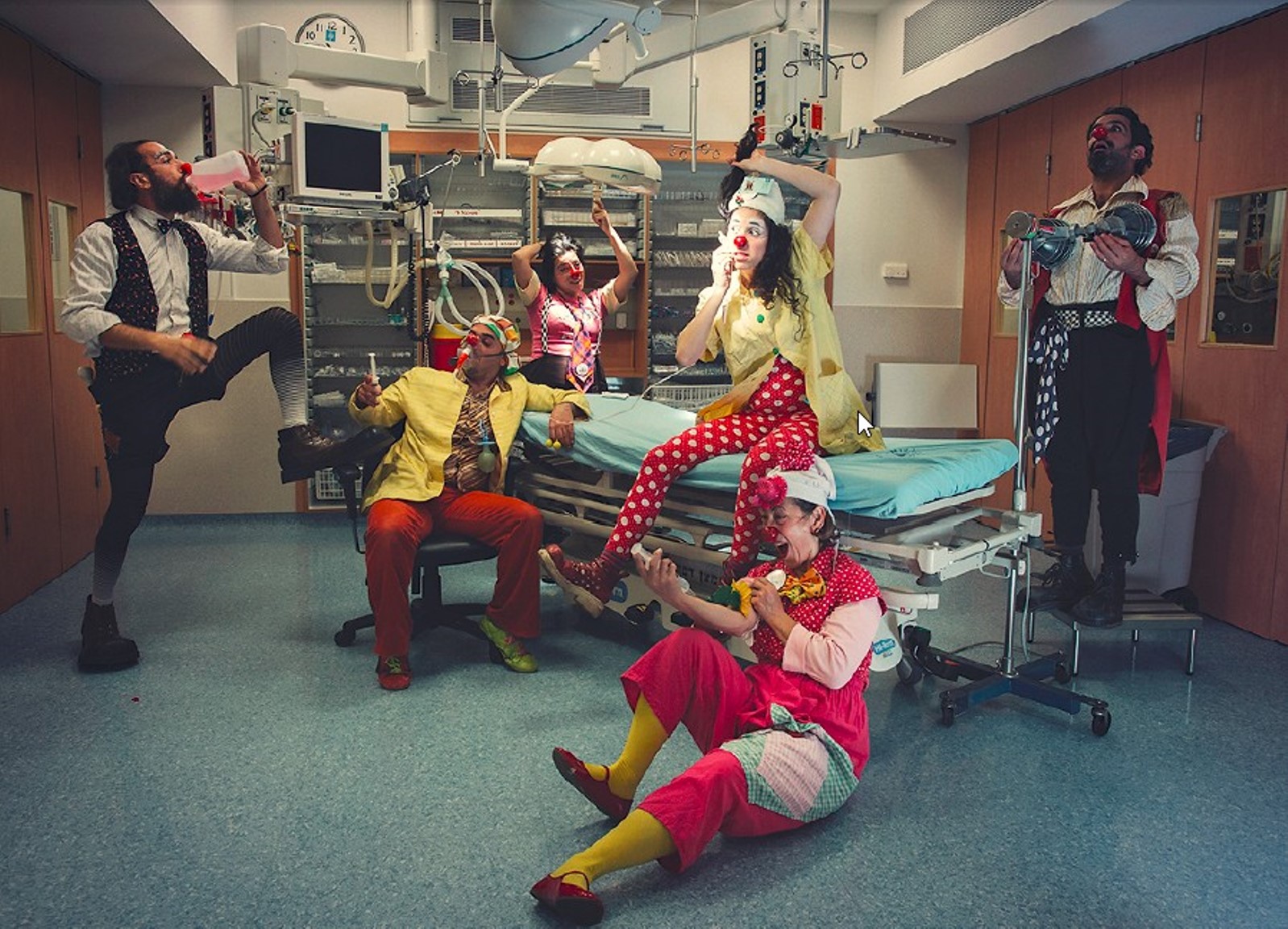It’s an infant stage of the “Medical Clown” as a profession in India but several hospitals have started using it as a therapy to boost the moods of people suffering from different ailments. There can hardly be anything more gratifying for a performer than being able to bring smiles and laughter in otherwise gloomy medical wards. Well, the Medical Clowns are people who have this unique career of doing so.
Clinicians believe that if the patients are cheerful and happy, the healing is faster. But isn’t cheerfulness and a happy state of mind complete opposite of pain and ailment? It has been so far but the concept of Medical Clown which is slowly getting adopted by Indian hospitals is adding great value to treatments and showing positive results in patients both young and old. It’s the younger ones who are particularly overjoyed at the sight of Medica Clowns in their wards and forget their pains and sufferings.
Who are Medical Clowns?
They provide helping hands to doctors in palliative care, oncology, psychiatric problems, all ailments of children and many more. They are healers. We can term them as mental health professionals as they work to lift up the mental state of patients that in return boosts up the rate of improvement in their physical recovery. Medical Clowns are very popular in the western countries.
We can call Patch Adams, an American medical doctor, social activist and a clown, a pioneer in this field. He creatively used laughter and humor to spread joy in the life of patients in his career spanning 40 years. He became so popular that there is a film made after him with his name as the film title. While doctors can additionally be medical clowns like Patch Adams, people from non-medical backgrounds too can pursue courses in the stream of Medical Clowning from institutes offering this course.
The courses are mostly short-term in durations and the natural talent of humorism in personality helps in being a good practitioner later on. There are vacancies for these practitioners in several hospitals and people can embark on the journey of unique livelihood post training. Apart from training in clowning or the performative techniques, the courses include other aspects of learning like medical anthropology, well-being techniques, emotional intelligence, workplace protocols etc.
There is an old saying that laughter is the best therapy but it's difficult to laugh when you are on a hospital bed. Thankfully there are professionals now who will help people do so and make their days brighter.

 Humor is a therapy. We all know. We all have personally benefited from it. Not only this, we use humor quite often to lift up the moods of people close to us if they are feeling low. Let’s check out how humor is getting popular through professionals called Medical Clowns. Let's also find out, who made this practice popular.
Humor is a therapy. We all know. We all have personally benefited from it. Not only this, we use humor quite often to lift up the moods of people close to us if they are feeling low. Let’s check out how humor is getting popular through professionals called Medical Clowns. Let's also find out, who made this practice popular.










.jpeg)







.jpeg)

.jpg)










